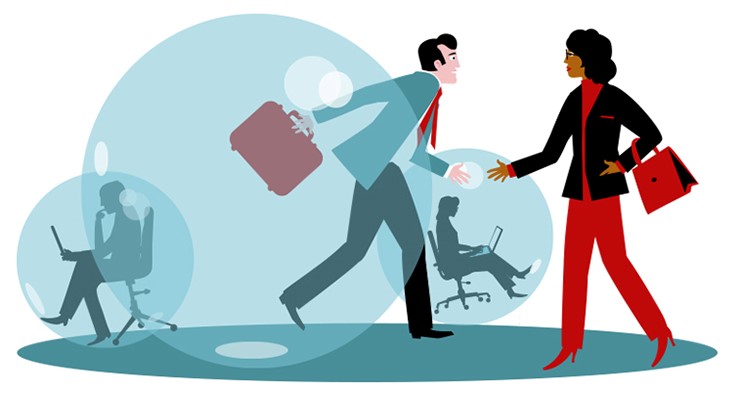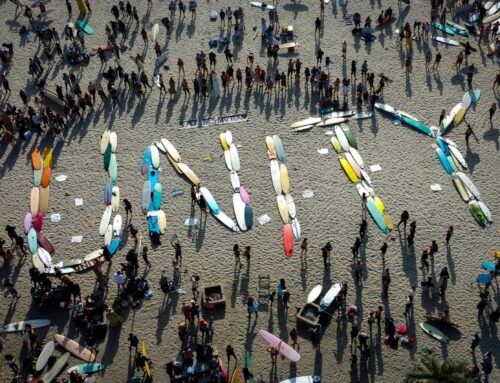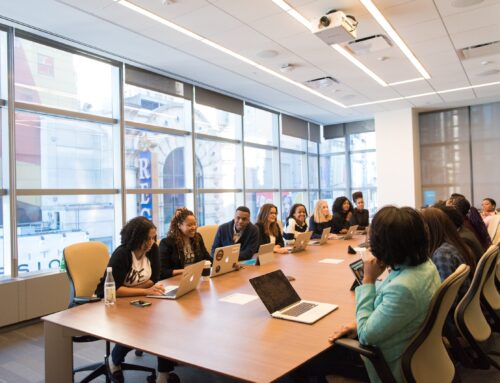Division erodes our competitiveness
Politicians like to refer to ‘Netherlands Ltd.’ if they want to defend social or economic policies. This is quite a questionable reference − a country is a bit more than a simple legal entity − but the intention to strengthen the business case of the Netherlands deserves praise. At least, if we understand strengthening the business case to mean: ensuring greater social cohesion and prosperity.
In my previous column, I stated that such a business case results in a moral necessity to seek connection. In politics and business. Only with more connection can we strengthen the business case of the Netherlands. Unfortunately, I have to conclude that there are quite a few political parties that do not consider the pursuit of connection an appropriate ‘revenue model’ and prefer to play the card of populism, nationalism and xenophobia. The fact that academically educated journalists, philosophers and historians are present in the ranks of these parties is all the more worrying, because even though political gain on the back of minority groups (culture and religious) is as old as the hills, it remains a tactic that has a disruptive effect on ourselves and society.
The fact is that the financial crisis of 2008 and the continuing influx of refugees from Syria and other conflict areas have led to a growing fear of losing our financial certainties and our standards and values. Not only ‘confrontational politicians’ such as Geert Wilders and Thierry Baudet, but also representatives of the ‘polder model’ such as Mark Rutte and Sybrand Buma, have made clever use of this fear. They, too, no longer seem to really feel the moral obligation to connect, as a result of which inclusive society becomes increasingly out of sight.
Isolating yourself in your own bubble doesn’t help
As an entrepreneur with a bicultural background, this affects me more than many others. Precisely because I know so well from my own experience how it works. People have a deep longing for certainty. Being part of something, whether it is a social group or a religious community, gives a feeling of security. People also pay a price for this, however: they conform to that social group or religious community and stop thinking for themselves. They make the system their only frame of reference and exclude anything that does not fit into it. In doing so, they shoot themselves in the foot − without realizing it.
Yet, I also see some bright spots. Fortunately, there is growing demand in the business world for more social cohesion and more inclusion. As was also heard at the World Economic Forum in Davos several times, more and more contemporary leaders are aware that fear, division and uncertainty are disastrous for our competitive position, prosperity and social resilience. An inclusive community and culture bring companies more productivity, more efficiency and more growth. To achieve that, we need a stable and open society. It is therefore important that politicians and business leaders join forces and work together on an inclusive agenda, not only behind closed doors, but also in the media.
Let their message be clear: globalisation has brought us a lot, but the genie is out of the bottle. Our world − and therefore the Netherlands as well − is inevitably becoming more diverse. To lock yourself up in your own bubble does not help. There is so much more outside.



